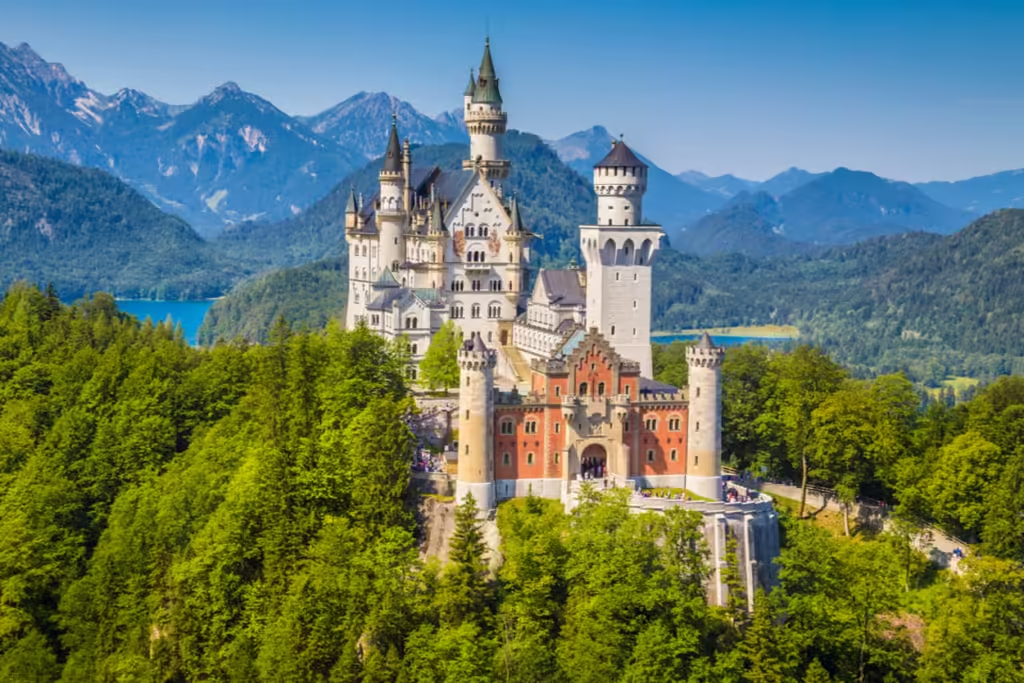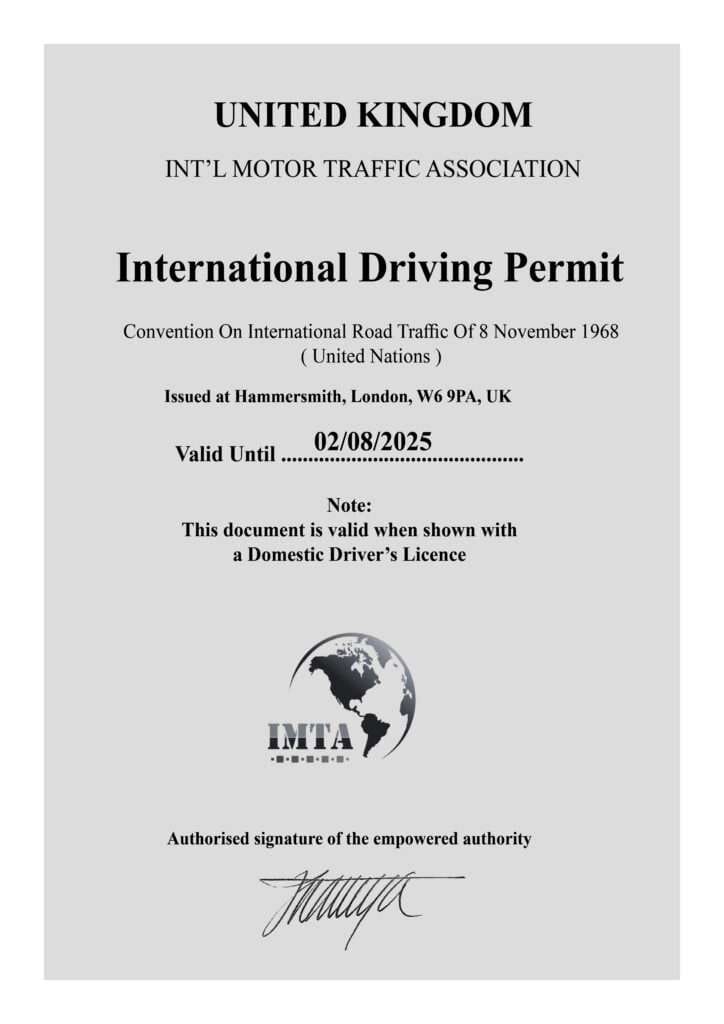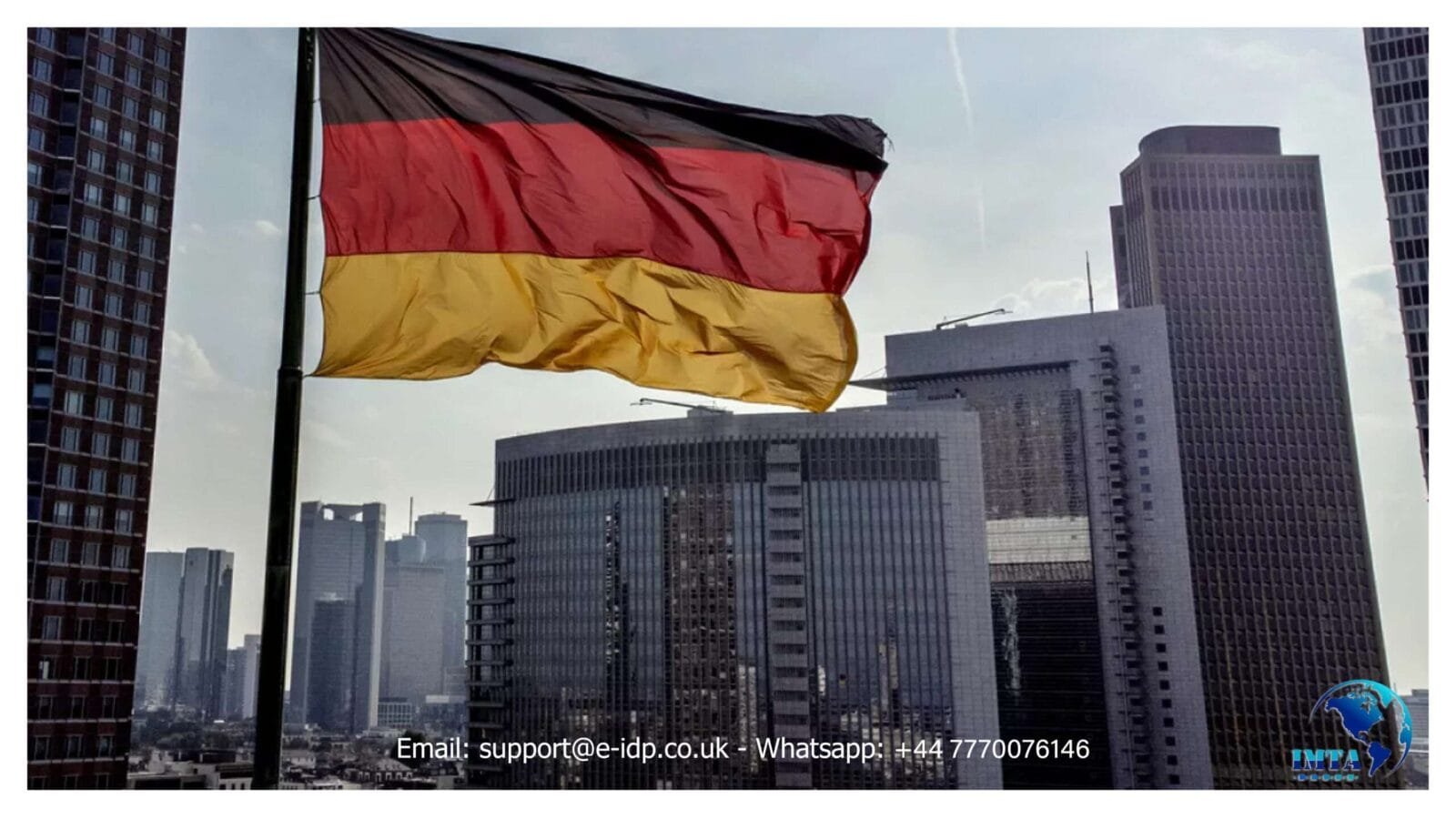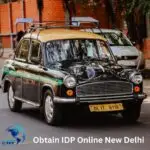Germany Travelling Guide
Germany is an incredible destination, steeped in history and offering a mix of experiences for all travelers. The country boasts everything from dynamic cities and picturesque villages to enchanting castles and breathtaking landscapes. Planning a trip to Germany? Check out this comprehensive travel guide to get started. Germany Travelling Guide, Germany International Driving Permit, international driver’s license Germany, international driver’s permit Germany, international driver’s licence Germany, international licence permit Germany.
1. Getting to Germany
– By Air: Germany is well-served by major international airports like Frankfurt (FRA), Munich (MUC), and Berlin Brandenburg (BER), providing links to cities worldwide and ensuring convenient air travel access.
– By Train: Germany’s efficient rail network, including high-speed trains like the ICE (InterCity Express), facilitates comfortable travel between major cities and neighboring European countries.
– By Car: The extensive Autobahn network makes driving a popular choice for exploring Germany, particularly for visiting smaller towns and rural areas. Germany Travelling Guide, Germany International Driving Permit, international driver’s license Germany, international driver’s permit Germany, international driver’s licence Germany, international licence permit Germany
– By Bus: Long-distance buses, such as those offered by companies like FlixBus, provide cost-effective travel options from other European countries.
2. Best Time to Visit
– Spring (March to May): Experience Germany in bloom with mild temperatures and fewer crowds than the peak summer months.
– Summer (June to August): Warm weather and an array of outdoor festivals make summer the high tourist season, though be prepared for larger crowds, especially in popular destinations like Berlin, Munich, and the Bavarian Alps.
– Autumn (September to November): Enjoy cooler temperatures and vibrant fall foliage, particularly in regions like the Black Forest and Bavaria. Don’t miss the famous Oktoberfest in Munich during this season.
– Winter (December to February): Embrace the festive atmosphere of Germany’s Christmas markets, hit the slopes in the Alps, and explore magical holiday markets in cities like Dresden, Nuremberg, and Cologne.
3. Top Destinations
– Berlin: Immerse yourself in a mix of history, culture, and diverse neighborhoods. Visit iconic landmarks like the Brandenburg Gate, the Berlin Wall Memorial, and Museum Island. Don’t miss out on Berlin’s vibrant nightlife, art scene, and culinary delights. Germany Travelling Guide, Germany International Driving Permit, international driver’s license Germany, international driver’s permit Germany, international driver’s licence Germany, international licence permit Germany- Munich: Known for its beer gardens, historic architecture, and the world-famous Oktoberfest, Munich offers attractions like Marienplatz, Nymphenburg Palace, the English Garden, and the BMW Museum. Germany Travelling Guide, Germany International Driving Permit, international driver’s license Germany, international driver’s permit Germany, international driver’s licence Germany, international licence permit Germany
– Hamburg: Germany’s second-largest city is a bustling port and cultural center. Explore the historic Speicherstadt district, experience the Elbphilharmonie concert hall, and discover the vibrant nightlife in the St. Pauli district.
– Frankfurt: A blend of tradition and modernity, Frankfurt is a financial hub with a striking skyline. Visit landmarks like the Römer, the Goethe House, and the Palmengarten botanical garden and use the city as a gateway to the picturesque Rhine Valley. Germany Travelling Guide, Germany International Driving Permit, international driver’s license Germany, international driver’s permit Germany, international driver’s licence Germany, international licence permit Germany
Here’s the rewritten text based on the provided tone:
“4. Cultural Experiences
– Oktoberfest: Every year in Munich, Oktoberfest stands out as the world’s largest beer festival, attracting millions of visitors. Revel in the traditional Bavarian beer, food, music, and parades.
– Christmas Markets: Germany’s Christmas markets are renowned for their festive ambiance, handmade crafts, and seasonal delights. Nuremberg, Dresden, and Cologne are among the locations that host some of the most popular markets.
– Museums and Galleries: Germany boasts world-class museums, including Berlin’s Museum Island, Munich’s Alte Pinakothek, and Frankfurt’s Städel Museum. Uncover art, history, and science offerings across the country.
– Classical Music: Germany holds a rich musical legacy, with renowned composers like Beethoven, Bach, and Wagner. Attend a concert or opera in cities such as Leipzig, Dresden, and Bayreuth.
5. Outdoor Activities
– Hiking and Cycling: Germany offers extensive networks of hiking and cycling trails. The Bavarian Alps, the Black Forest, and the Harz Mountains are favorite spots for outdoor enthusiasts.
– Skiing and Snowboarding: Winter sports are a major attraction in Germany, with resorts in the Bavarian Alps offering excellent skiing, snowboarding, and après-ski experiences.
– River Cruises: Cruise along the Rhine or Danube Rivers to witness castles, vineyards, and picturesque towns. The Rhine Gorge, a UNESCO World Heritage site, is especially breathtaking.
– National Parks: Explore Germany’s natural beauty in national parks like the Bavarian Forest, Saxon Switzerland, and the Eifel. These areas are perfect for hiking, wildlife watching, and photography.
6. Practical Information
– Currency: The currency in Germany is the Euro (EUR). Credit cards are widely accepted, but it’s advisable to have some cash, especially in smaller towns and for public transport.
– Language: The official language is German, but English is commonly spoken, especially in tourist areas. Learning a few basic German phrases can enhance your experience.
– Transport: Germany features an efficient public transport system, including trains, trams, buses, and subways. The Deutsche Bahn (DB) is the national railway company, offering connections throughout the country. Renting a car is also an option, especially for exploring rural areas.
– Connectivity: Wi-Fi is widely available in hotels, cafes, and public spaces. SIM cards with data plans are affordable and can be purchased at airports or local shops.
– Safety: Germany is a safe country for travelers, but it’s always wise to take standard precautions, such as keeping an eye on your belongings in crowded areas.”
7. Etiquette and Customs
– Greetings: In Germany, it’s customary to greet with a firm handshake. When entering a shop or restaurant, it’s polite to say “Guten Tag” (Good day) or “Hallo” (Hello) to the staff.
– Punctuality: Germans value punctuality, so it’s important to be on time for appointments, meetings, and public transport.
– Dining: Tipping is expected in restaurants, typically 5-10%. Wait for the server to bring the bill and then inform them of the total amount you wish to pay, including the tip.
– Environmental Awareness: Germany is known for its commitment to environmental sustainability. Recycling is taken seriously, and it’s common to separate waste into different bins.
8. Health and Safety
– Healthcare: Germany has a high standard of healthcare. EU citizens can use their European Health Insurance Card (EHIC) for medical treatment, while non-EU visitors should have travel insurance that covers health care.
– Vaccinations: No special vaccinations are required for travel to Germany, but ensure your routine vaccinations are up to date.
– Water: Tap water is safe to drink in Germany. It’s also common to drink mineral water, which is widely available.
9. Travel Tips
– Visa: Citizens of EU/EEA countries and many others, including the U.S., Canada, and Australia, can enter Germany visa-free for short stays. Check visa requirements before you travel.
– Public Holidays: Be aware of public holidays, such as New Year’s Day, Easter, and Christmas, when many businesses and attractions may be closed or have limited hours.
– Power Plugs: Germany uses Type C and Type F power plugs with a standard voltage of 230V. Visitors from countries with different plug types should bring an adapter.
Germany offers a diverse and enriching travel experience, whether you’re interested in history, culture, nature, or simply enjoying the local cuisine and traditions. With its well-preserved heritage, modern amenities, and friendly locals, Germany is a destination that promises something for every type of traveler.
When traveling abroad, it’s essential to have an International Driving Permit (IDP) from IMTA (International Motor Traffic Association) to complement your regular driver’s license. The IDP translates your license into 15 different languages, making it easier for officials in foreign countries to understand. It’s important to note that the IDP is recognized in countries that have signed onto the 1949 or 1968 UN Conventions. Additionally, various bilateral treaties and agreements regulate the requirements for IDPs in different countries, so having the IMTA International drivers license is crucial when traveling internationally. Apply For International Driving Permit For £35 Only.
Applying for an IMTA international driving permit is convenient as it can be done from anywhere in the world.
Apply here and Get your IDP Fast
https://www.e-idp.co.uk/international-driving-license-application/
What you need to rent a car, and how to rent one
As a tourist, you’ll most likely be renting a car (more on that in a bit) for your road trip. Even so, there are certain requirements that you’ll have to check off before you get into it.
- You have to get an International Driver’s Permit. Apply for it online or head to the office — we prefer doing it in person because the queue is pretty short during off-peak hours, and you can get it done on the same day. It’ll cost S$20 and is valid for one year from the date of issue.
- A valid local driver’s license. international driving licence online
- You have to be at least 21 years of age and have held your local licence for a year. A surcharge may be imposed for drivers under the age of 25.
- A passport for identification .
- A credit card in the driver’s name.
How to obtain an international driving permit

The process of obtaining an international driving license directly from an office can be quite challenging and time-consuming. The payment methods involved can also be complex. Therefore, it is recommended to consider applying for an international driving license from IMTA. The application process only takes around 10 to 15 minutes, making it a more efficient option for getting your international driving permit
The necessary details required for the application of an International driving permit include:
– Full Name
– Email & Phone Number
– Current Address
– Place of Birth
– National Driver’s License Number
– National Driver’s License Issued Date & Expiry Date
– Picture of Driver’s License & Your Head Shot Photo for Your IDP






